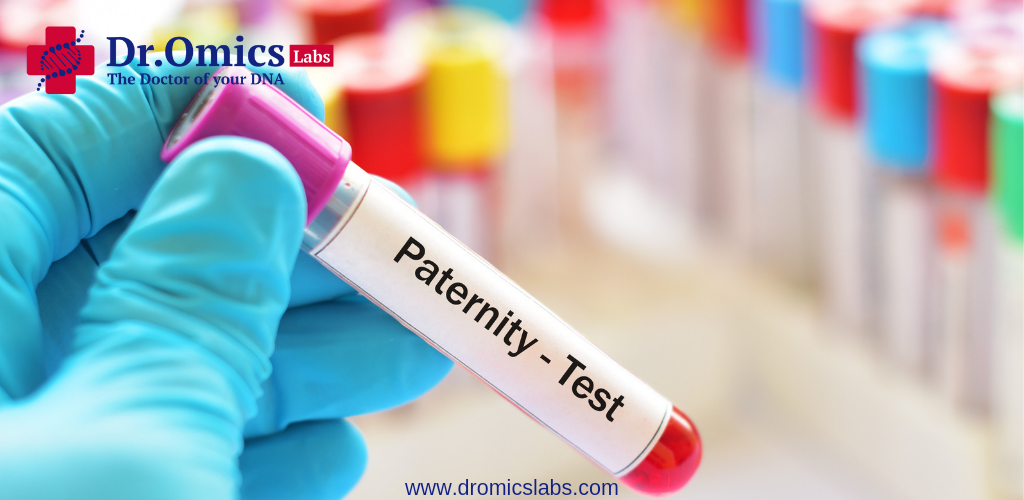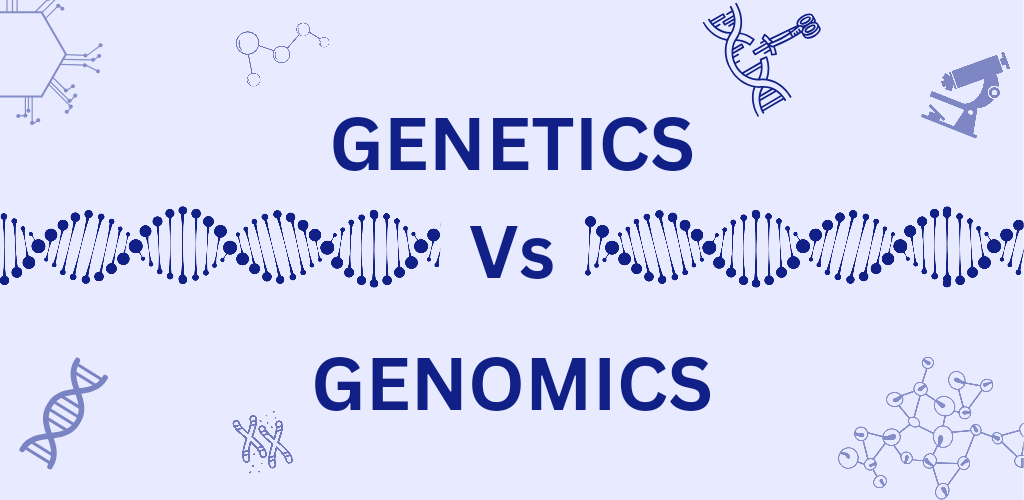What if your DNA could tell doctors exactly which medications will work best for you, avoiding the frustrating trial-and-error cycle? Imagine having the power to make treatment choices backed by your own genetic blueprint—medications perfectly tailored to your body’s needs. This isn’t science fiction—it’s pharmacogenomics testing at home, a groundbreaking approach that’s transforming healthcare. By harnessing the power of at-home DNA testing, pharmacogenomics empowers patients to make informed decisions, reducing medication errors and optimizing treatment outcomes. The era of personalized healthcare is here, and it’s putting patients in control like never before.
The Science Behind Pharmacogenomics
Pharmacogenomics integrates the principles of genetics with pharmacology to explore the intricate relationship between an individual’s genetic makeup and their response to medications. Recent advances in this field have highlighted the role of specific genetic variants, known as single nucleotide polymorphisms (SNPs), in modulating drug efficacy and safety. For instance, sophisticated genotyping techniques now allow for the high-resolution analysis of SNPs across multiple genes involved in drug metabolism, such as CYP450 enzymes, which can predict how well a patient will respond to drugs like antidepressants.(1)Additionally, the advent of next-generation sequencing has facilitated a more comprehensive understanding of gene-drug interactions, enabling more precise predictions of adverse drug reactions and tailoring drug regimens to individual genetic profiles. This cutting-edge approach promises to enhance the personalization of drug therapy, optimize treatment outcomes, and minimize risks by providing actionable insights into the genetic factors influencing drug absorption, metabolism, and elimination.
Genes Involved in Pharmacogenomics
A variety of genes influence how medications are metabolized and processed by the body. Understanding these genetic variations enables healthcare providers to make better-informed treatment decisions.
- CYP2D6: This gene is involved in the metabolism of over 20% of commonly prescribed medications, including antidepressants, antipsychotics, beta-blockers, and opioid analgesics. Variants in CYP2D6 can classify individuals as poor, intermediate, extensive, or ultra-rapid metabolizers, which affects drug efficacy and safety.(2)
- TPMT (thiopurine methyltransferase): Variants in TPMT influence the metabolism of thiopurine drugs, commonly used in cancer therapy and autoimmune disorders. Patients with low or absent TPMT activity are at risk of severe toxicity and require adjusted dosages.(3)
- SLCO1B1: Variations in this gene affect the transport of statins, a class of drugs used to lower cholesterol. Individuals with certain SLCO1B1 variants are at increased risk for statin-induced myopathy (muscle weakness and pain).(4)
- VKORC1: This gene encodes the enzyme targeted by warfarin, a widely used anticoagulant. Variants in VKORC1 influence the drug’s effectiveness and require personalized dosing to achieve the desired anticoagulant effect without excessive bleeding risks.(5)
Benefits of Pharmacogenomics: Personalized Healthcare at Its Best
- Personalized Treatment Plans: Pharmacogenomics enables the development of personalized treatment regimens based on a patient’s genetic profile. This approach ensures that the selected medication and dosage are tailored to the individual’s unique genetic makeup, improving treatment efficacy.
- Reducing Medication Errors: Adverse drug reactions are a leading cause of hospitalization and patient harm. By predicting which drugs may cause harmful side effects, pharmacogenomics minimizes the risk of adverse reactions, reducing the burden of trial-and-error prescribing.
- Improving Treatment Outcomes: Tailoring medications to an individual’s genetic profile enhances the likelihood of treatment success. Patients experience better outcomes, as they receive the most appropriate drug and dosage from the beginning of therapy.
The Role of Pharmacogenomics in Specific Conditions
The impact of pharmacogenomics is particularly pronounced in certain therapeutic areas where drug response can be highly variable. Some key areas include:
Cardiovascular Diseases
In cardiovascular medicine, pharmacogenomics is pivotal for optimizing anticoagulant therapy, particularly with drugs like warfarin. Genetic variations can profoundly impact how patients metabolize and respond to anticoagulants, making tailored dosing essential.
- VKORC1 and CYP2C9 Genes: Variants in these genes significantly influence warfarin metabolism. For instance, certain VKORC1 alleles are associated with increased sensitivity to warfarin, necessitating lower doses to avoid excessive bleeding. Conversely, patients with CYP2C9 variants that reduce enzyme activity may require dose adjustments to achieve therapeutic efficacy without adverse effects.(6)
- Advanced Genotyping: Modern pharmacogenomics testing offers high-resolution genotyping of multiple variants, enabling precise warfarin dosing and reducing the risk of bleeding or thromboembolic events.(7)
Cancer Treatment
Pharmacogenomics has revolutionized oncology by enabling oncologists to tailor cancer therapies based on the genetic profile of both the patient and the tumor. This approach minimizes toxic side effects and maximizes therapeutic efficacy.
- CYP450 Enzymes: Variations in genes encoding cytochrome P450 enzymes, such as CYP2D6, affect the metabolism of chemotherapeutic agents like tamoxifen. Patients with specific CYP2D6 genotypes may experience altered drug metabolism, influencing treatment outcomes.(8)
- Targeted Therapies: Advances in genomic profiling allow for the identification of mutations driving cancer growth. For example, EGFR mutations in lung cancer patients can be detected through genetic testing, guiding the use of targeted therapies like gefitinib or erlotinib, which are tailored to the specific genetic alterations.(9)
- Pharmacogenomic Panels: Comprehensive panels analyze multiple genetic variants to guide drug selection and dosing, enhancing treatment precision and minimizing adverse effects.
Psychiatric Disorders
In psychiatry, pharmacogenomics is instrumental in personalizing medications for mental health conditions, such as depression and schizophrenia. Traditional methods often involve lengthy trial periods to identify effective treatments, which can be significantly shortened with genetic insights.
- CYP2C19 and CYP2D6 Genes: These genes influence the metabolism of antidepressants and antipsychotics. Variants can affect how drugs like selective serotonin reuptake inhibitors (SSRIs) and antipsychotics are processed, impacting efficacy and side effects. For example, patients with poor metabolizer genotypes for CYP2D6 may require dose adjustments or alternative medications to avoid adverse effects.(1)
- Pharmacogenomic Testing: Utilizing genetic tests can quickly identify the most suitable medications for patients, reducing the trial-and-error approach and improving treatment adherence and outcomes.
Why Pharmacogenomics Matters for Patient Empowerment
Patient empowerment is a cornerstone of modern healthcare, and pharmacogenomics plays a critical role in ensuring that patients are active participants in their treatment decisions. By providing patients with detailed, actionable information about how their body responds to specific medications, they can work collaboratively with their healthcare providers to choose the most suitable treatments.
How pharmacogenomics fosters patient empowerment:
- Knowledge-based decisions: Armed with pharmacogenomic data, patients can make more informed decisions about their treatment options, reducing uncertainty.
- Collaborative care: Patients become partners in their healthcare, working alongside physicians to tailor their treatment regimens.
- Reduced trial-and-error prescribing: Pharmacogenomics allows patients to avoid the frustration and potential harm of ineffective or poorly tolerated medications.
Pharmacogenomics is revolutionizing healthcare by offering a personalized approach to treatment that enhances patient outcomes, reduces medication errors, and empowers individuals to make informed decisions about their health. As part of the growing field of precision medicine, pharmacogenomics enables healthcare providers to prescribe treatments tailored to the genetic makeup of each patient, improving safety and efficacy.
At Dr. Omics Labs, we are committed to leading this transformation through our state-of-the-art pharmacogenomics testing services. Our mission is to provide patients and healthcare providers with the insights needed to optimize treatment plans, ensuring that patients receive the best possible care. With Dr. Omics Labs, patient empowerment is not just a goal—it’s a reality.
Reference:
(2)Genes | Free Full-Text | A Review of the Important Role of CYP2D6 in Pharmacogenomics (mdpi.com)
(5)https://www.ncbi.nlm.nih.gov/pmc/articles/PMC4278947/
(6)https://www.ncbi.nlm.nih.gov/pmc/articles/PMC4278947/
(7)https://www.nejm.org/doi/full/10.1056/NEJMoa1310669
(8)https://www.mdpi.com/2073-4425/11/11/1295




